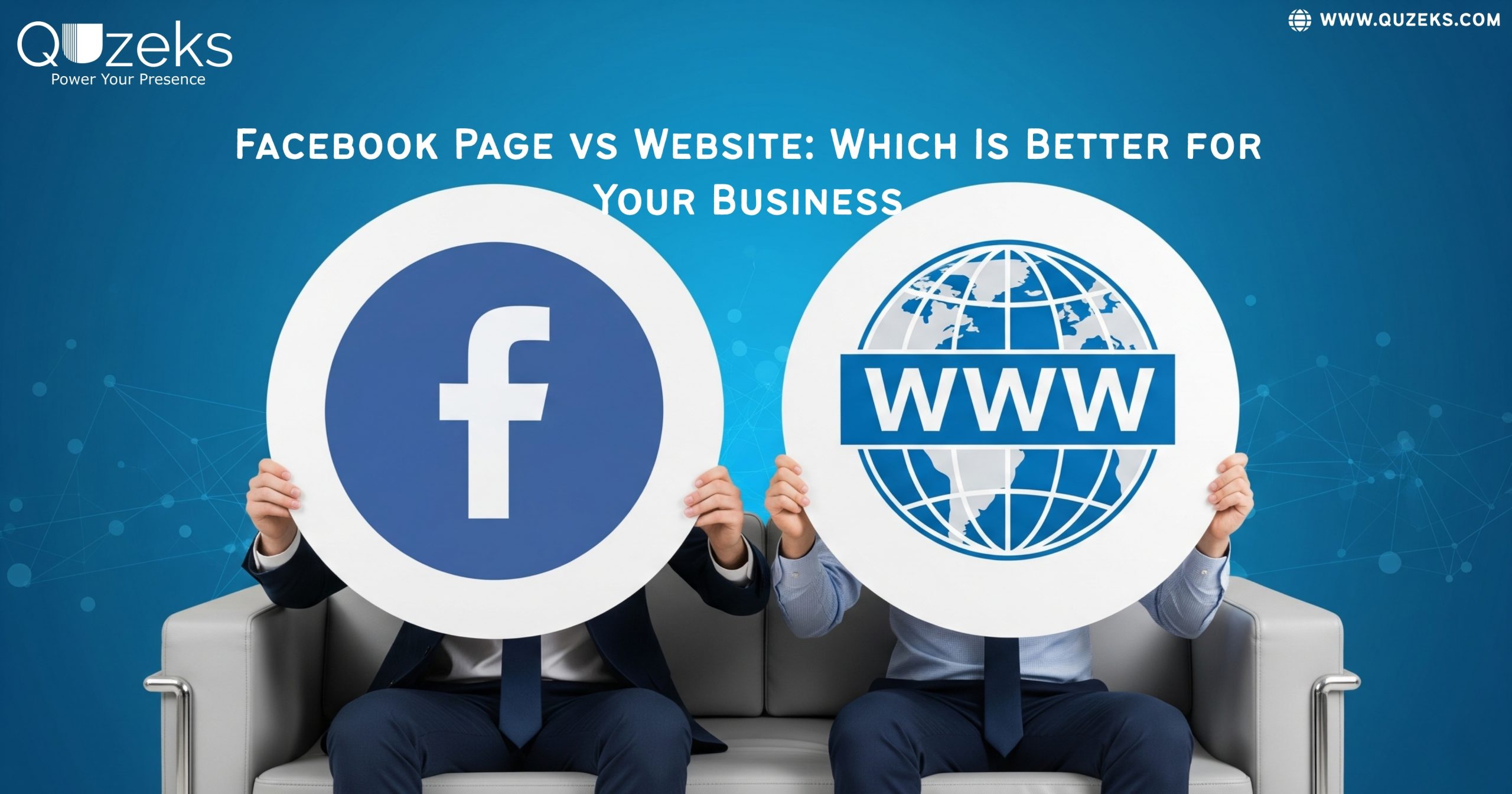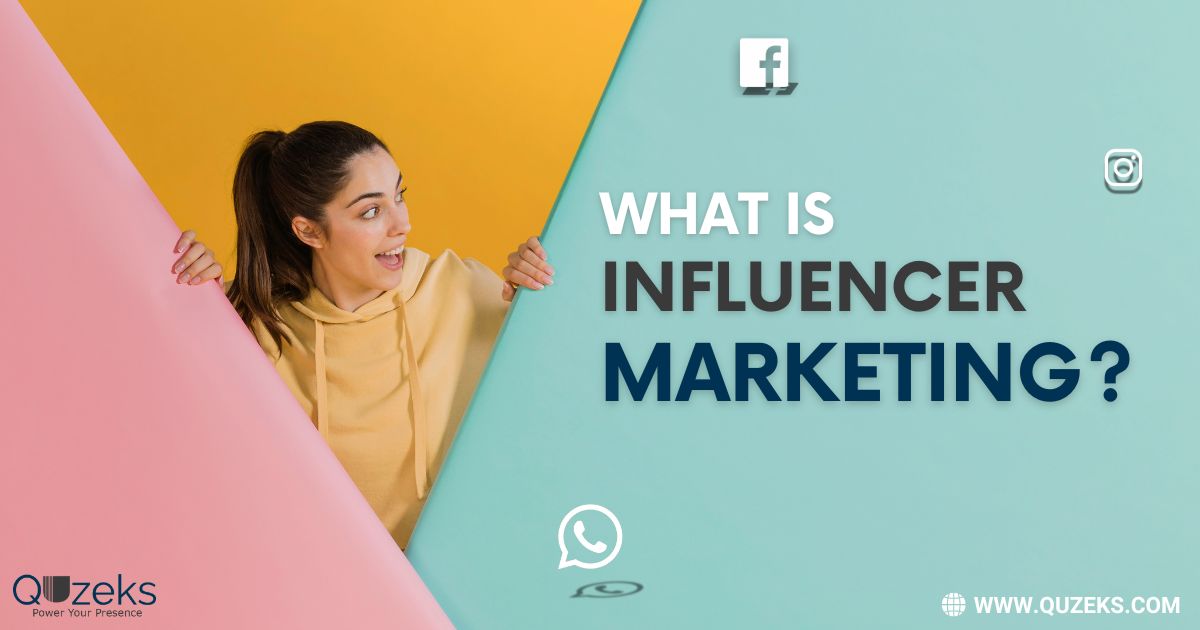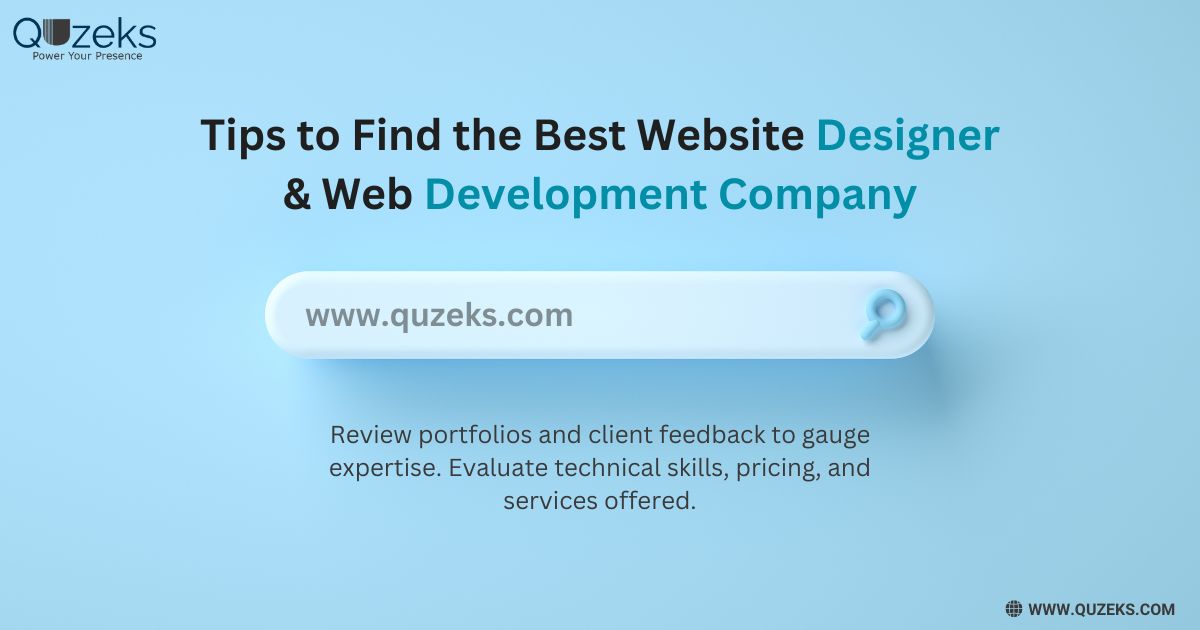In the fast-moving digital world, every business—small or large—needs an online presence. But when you’re just getting started or looking to grow, one common question arises: Should you rely on a Facebook Page or invest in a website? Both options have unique advantages, but choosing the right one depends on your business goals, budget, and long-term strategy.
Let’s dive deep into the pros and cons of a Facebook Page vs a Website, and help you decide what works best for your business.
What is a Facebook Page for Business?
A Facebook Page is a public profile specifically created for businesses, brands, organizations, or public figures. Unlike personal profiles, Facebook Pages come with tools designed for commercial use, such as analytics, post scheduling, messaging, ad management, and more.
With over 3 billion monthly active users on Facebook, it’s easy to understand why businesses start here. A Facebook Page for business provides a simple and free way to reach your audience, engage customers, and build a community.
If you’re looking to make the most of your Page, check out 8 Facebook Post Ideas to Boost Your Facebook Engagement to keep your audience active and involved.
What is a Business Website?
A business website is your company’s digital home. It’s a branded, customizable platform hosted on your domain (like www.yourbusiness.com) where you can showcase your products or services, publish blogs, sell online, collect customer data, and more.
Unlike social media pages, websites offer complete control over content, SEO, design, and functionality. It’s the foundation of a professional online presence that builds trust and drives long-term growth.
Benefits of Using a Facebook Page for Business
1. Free and Easy to Set Up
Creating a Facebook Page is fast, easy, and doesn’t cost anything. You can get your business online in minutes without dealing with hosting, domains, or design costs.
2. Built-in Audience
With billions of users, Facebook gives your business direct access to a massive audience. You can invite friends to like your page, join local groups, and promote your page through ads or shares.
3. Engagement and Community Building
A Facebook Page allows you to interact with your customers in real-time through comments, messages, and live streams. This ongoing interaction helps build brand loyalty and community.
4. Facebook Insights and Advertising
You can monitor page performance through Facebook Insights, which provides data on reach, engagement, and demographics. Additionally, Facebook Ads allow precise targeting to reach your ideal customer.
Limitations of a Facebook Page
While a Facebook Page for business is a great starting point, it does come with limitations:
1. Limited Customization
You’re restricted to Facebook’s layout, design, and functionality. You can’t customize your page much or fully align it with your brand identity.
2. Algorithm Dependency
Facebook controls who sees your posts. Due to the algorithm, only a small percentage of your followers may see your updates unless you boost posts or run paid ads. This makes it harder to rely solely on organic reach, especially when trying to grow a brand or promote new products.
3. Lack of Ownership
You don’t truly own your Facebook Page. If Facebook changes its policies, suspends your page, or shuts down, you could lose your content and followers overnight.
Why a Business Website Still Matters
Despite the rise of social media, a business website remains a powerful and essential tool.
1. Full Control and Branding
Your website is entirely yours. From layout to functionality to the user experience—everything can be tailored to your brand. This helps create a consistent, professional image that builds trust.
2. Better Search Visibility (SEO)
Websites are searchable through Google and other search engines. With proper SEO (Search Engine Optimization), your site can rank high for relevant keywords, bringing in organic traffic consistently.
3. E-commerce and Lead Generation
You can integrate e-commerce platforms, booking systems, contact forms, email marketing tools, and more. A website is designed to convert visitors into customers.
4. Analytics and Performance Tracking
With tools like Google Analytics, you can get deep insights into how users find and interact with your site, allowing you to refine your strategy and grow effectively.
Challenges with a Business Website
1. Cost
Building a website involves initial and ongoing costs—domain, hosting, design, development, and maintenance. However, these are often worth the long-term ROI.
2. Time and Effort
A quality website takes planning, strategy, and time to develop. Unlike a Facebook Page, it can’t be set up instantly.
Facebook Page vs Website: Side-by-Side Comparison
| Feature | Facebook Page | Business Website |
| Cost | Free | Moderate to High |
| Control | Limited | Full |
| Branding | Restricted to Facebook’s layout | Fully Customizable |
| SEO Benefits | Minimal | High |
| Customer Engagement | High (via posts and comments) | Moderate (via forms, chatbots) |
| Data & Analytics | Facebook Insights | Advanced tools like Google Analytics |
| Sales Integration | Basic (Facebook Shops) | Full e-commerce capabilities |
| Platform Ownership | Facebook-owned | You own it |
Can a Facebook Page Replace a Website?
The short answer is no, not entirely. A Facebook Page for business is an excellent tool for social engagement, quick updates, and running targeted ads. It’s beneficial for startups, local businesses, or those with a tight budget.
However, a business website is essential for building long-term credibility, ranking in search engines, and creating a centralized hub for all your online activities.
Rather than choosing one over the other, the best strategy is to use both in a complementary way. Think of Facebook as the place to attract and engage, and your website as the place to convert and retain.
When Should You Use Just a Facebook Page?
- You’re a freelancer or a small local service with a limited budget
- You’re just testing a business idea or running a side hustle
- You want quick customer interaction and visibility in local communities
When Should You Invest in a Website?
- You want to grow your business professionally
- You need better SEO and visibility on Google
- You want to sell products or collect customer data
- You’re running ads and want a place to convert traffic
Final Thoughts: Choose Smart, Not One
While it may be tempting to rely only on social media, the risks of platform dependency are real. Building a strong online presence means playing on multiple fronts—start with a Facebook Page for fast engagement, but grow with a professional website to build authority and trust.
Together, they make a powerful duo for business growth.
Need Help Managing Both? Quzeks Can Help
Whether you’re building a Facebook Page for business or developing a full website, navigating the digital space can be overwhelming. That’s where Quzeks comes in.
At Quzeks, we specialize in social media marketing and help businesses of all sizes grow their online presence. From setting up and managing your Facebook Page to creating SEO-friendly websites that convert, our team ensures you make the most out of every digital channel.
Why Choose Quzeks:
- Expert social media strategy tailored to your goals
- Content creation, posting, and engagement management
- Ad campaign setup and optimization for Facebook & Instagram
- SEO-focused website development and content
- End-to-end digital marketing under one roof
Ready to take your online presence to the next level? Explore our social media marketing services and grow your business with Quzeks.
Reference:
Facebook Page by Wikipedia[1].
Website by Wikipedia[2].
Not necessarily—each serves a different purpose. A Facebook Page is great for engagement, social interaction, and quick updates. But a website offers complete control, better branding, and long-term SEO benefits. Ideally, businesses should use both to maximize reach and credibility.
No, a Facebook Page is not the same as a website. It’s a profile within a social media platform, while a website is your standalone digital property. A website gives you more flexibility, ownership, and customization than a Facebook Page can provide.
A Facebook Page can complement your website, but not fully replace it. While it’s useful for social visibility and interaction, it lacks the professional features, SEO power, and control that a website offers. For serious business growth, having both is the best strategy.
While a Facebook Page for business helps with social engagement, a website builds authority and trust. It lets you control your brand experience, rank in Google, showcase products or services professionally, and convert visitors into customers without relying on platform algorithms.
A website is far superior for SEO. Facebook Pages have limited search engine visibility and don’t help you rank for industry keywords. A well-optimized website allows you to target search terms, generate organic traffic, and grow your business online consistently.




